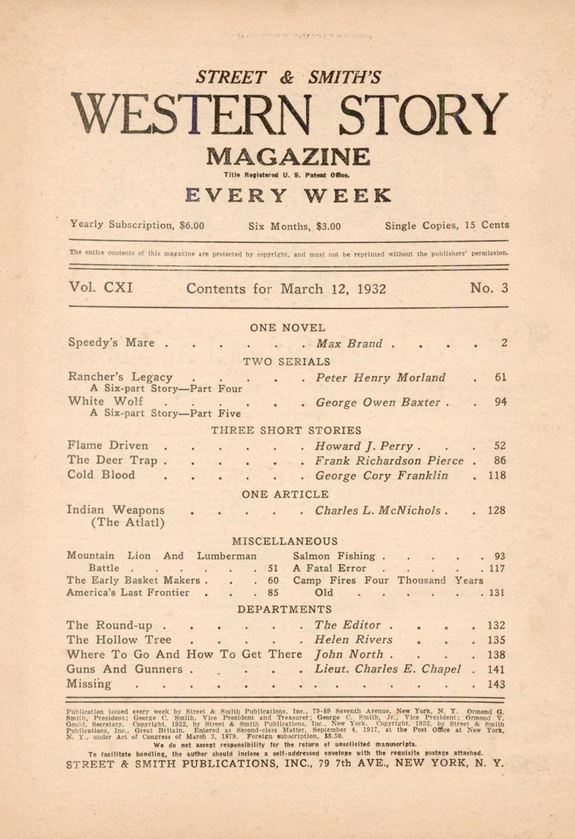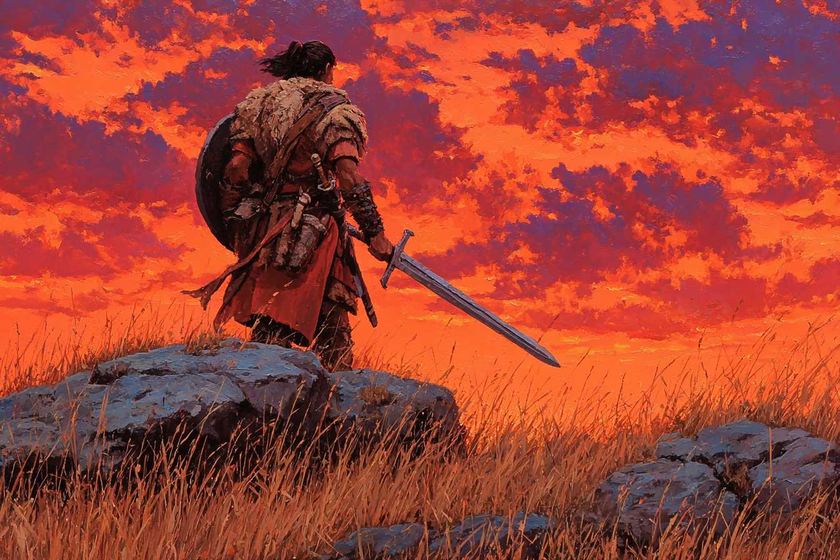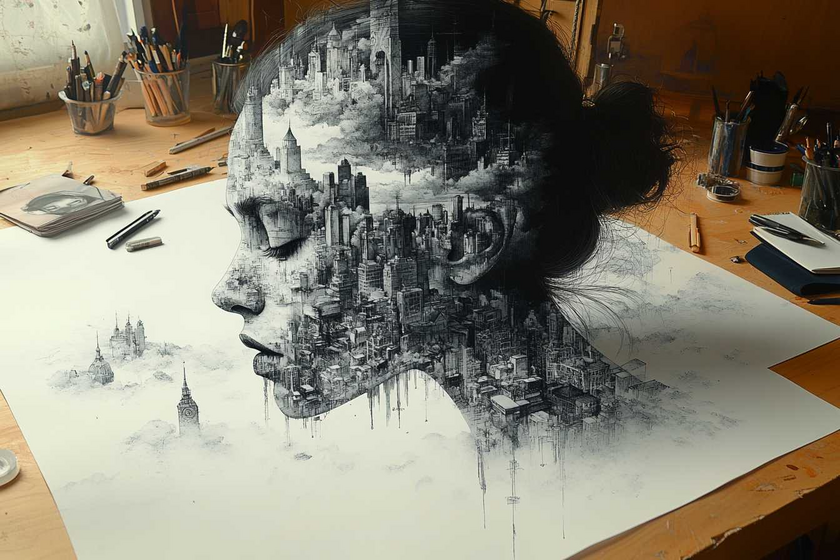Politics ruins everything.
There is a segment in the short documentary The Diabolical Mr. Franco (https://www.youtube.com/watch?v=chp1NunL8Xk) (episode two of the 1999 series Eurotika!) that encapsulates part of why I love the man's work. Franco says "My fight, all my life long, is not to enter into the system... not to accept orders[.]" Then Monica Swinn, an actress who appeared in more than a dozen of Jess's movies, says (in French, subtitled in English) "Franco has founded his own political party, with himself the sole member." A little bit later, Peter Blumenstock observes that any time Franco felt he was becoming part of a system, any system, he'd drop everything, move to another country, and start making films there instead.
Granting that this is oversimplification — the documentary is only twenty-three minutes long, after all, and Franco had by then made over 150 movies, so covering his career with any real kind of nuance was virtually impossible (and yet, it's still the best overview of his career I've seen, flaws, exclusions, and all) — I find it still to be basically correct.
Jess Franco was a Spanish intellectual who grew up under the fascist Franco (no relation) regime, and chafed at its censorship right from the beginning of his career. So it is no stretch at all to imagine that he, at some point, was interested in communism. And yet, I can't actually point to anything in his work that would support that. (Indeed, he made at least one film where communist rebels in an unnamed South American country were the irredeemable villains.) This isn't to say that there is no politics in his films at all, but rather that he had more abstract concerns, like the fact that positions of authority and power would inevitably be abused. Beyond that, even in films where you would think there would be a strong political element, like Rififi in the City, which centers on a political campaign, politics only exists in an abstract way, rather than a boring "see, I'm checking all the correct boxes" way.
I have seen, at this point, something like half of Jess Franco's work. And many, many of his interviews. I may not been an expert on his work in the way that Tim Lucas or Stephen Thrower are, but I know quite a bit about him. So the fact that I can only really guess at his political leanings outside of a few specifics, is remarkable.
I bring all this up, because I got intrigued by a film yesterday that I will buy on DVD, but, now, after I've done some reading, with an undercurrent of annoyance.
It began with a moment of curiosity. I used to watch Trailers from Hell regularly, but drifted away from it more and more because some of the gurus just could not resist telling you how very, very virtuous they are by hating Bush or Trump or Margaret Thatcher, or how wonderful diversity and representation in films is. Yawn.
But it wasn't all of them, so I still occasionally go and binge watch the people who aren't dead set on telling me they are better than me because of their Current Year political positioning. (Alan Arkush, for example, is probably a lefty, but only by inference, and is always interesting to listen to.) And one of the more frequent commentators in the past few years is a guy who sometimes annoyed me because he looks 19 but talks like a professor (and not the kind of professor who is open to points of view he does not hold). But I had no idea who he was outside of the guru gig. So I looked him up.
And it turns out, Daniel Kremer is living the dream in a lot of ways. He's close to forty years old and has made eight feature films totally independent of the studio system (and has several more in the works). Granted, they, most of them, look quirky and weird in the way that most US indie films are. For example, one is about a Chassidic Jew and his lifelong friend a Polish Catholic looking for a hermit artist and talking out the history of Jews in Poland. If the "tracking down the artist in hiding" aspect were more central to the story, I might even be interested in that one, but reportedly it's not, so, not so much.
But.
In the past few years he released a nearly three hour film. In black and white. Based on "the first American novel", though very loosely. (It gets bonus points for being based on a novel I had never heard of. That takes some doing.) And it has the frankly awesome title Overwhelm The Sky.
This movie apparently was made for less than fifty thousand dollars, making it truly micro-budget. And it's got an epic length. And a potentially intriguing story and mood.
All of this means there's an excellent chance I could love the film, or at least find it inspirational as a creator myself.
Kremer's commentary on the trailer at Trailers from Hell did nothing to dissuade me, either.
So, what did? An interview with Filmmaker where he stated that the movie began when he was despondent over the election of Donald Trump, and admitted that it was an oblique commentary on the state of the nation today. Sigh.
We started shooting purely out of restlessness, during an emotional funk after the November 2016 election of Trump. My first film industry mentor, the Oscar-winning production designer Paul Sylbert [A Face in the Crowd, One Flew Over the Cuckoo’s Nest], had died. A major freelance feature-film editing gig I was looking forward to, at American Zoetrope, was postponed indefinitely. I felt run over, rundown, helpless and overwhelmed.
and:
I feel that, although covert and implicit, the Trump era is a presence in the film and is certainly weighed into the film’s thematics, though he is never even once mentioned by name. I think the talk radio sequences gave us a window into the absurdity of the current era, and we start to get the sense that the character just wants to chuck it all and start fresh somewhere else. Don’t we all at this point?
Now, to be absolutely fair to Kremer, this is basically the only time I've seen him be explicit about politics affecting the movie. He could certainly be more obnoxious about it. Still, the arrogant presumption that "we all" had the same reaction to Trump, who, you know, got elected beyond the margin of cheating, is grating. That's a confession that he lives in a bubble (he lives in San Francisco), and doesn't know it.
As I said, this is in no way going to prevent me from acquiring and watching and, hopefully, enjoying, his movie. Why Kino Lorber is releasing it only as a DVD and not a BluRay is a mystery to me, but I'm going to get it even so.
But I do wish we could return to a cultural context where creators are not so narcissistic as to presume that their opinions are the only possible, reasonable ones anybody can hold.


















